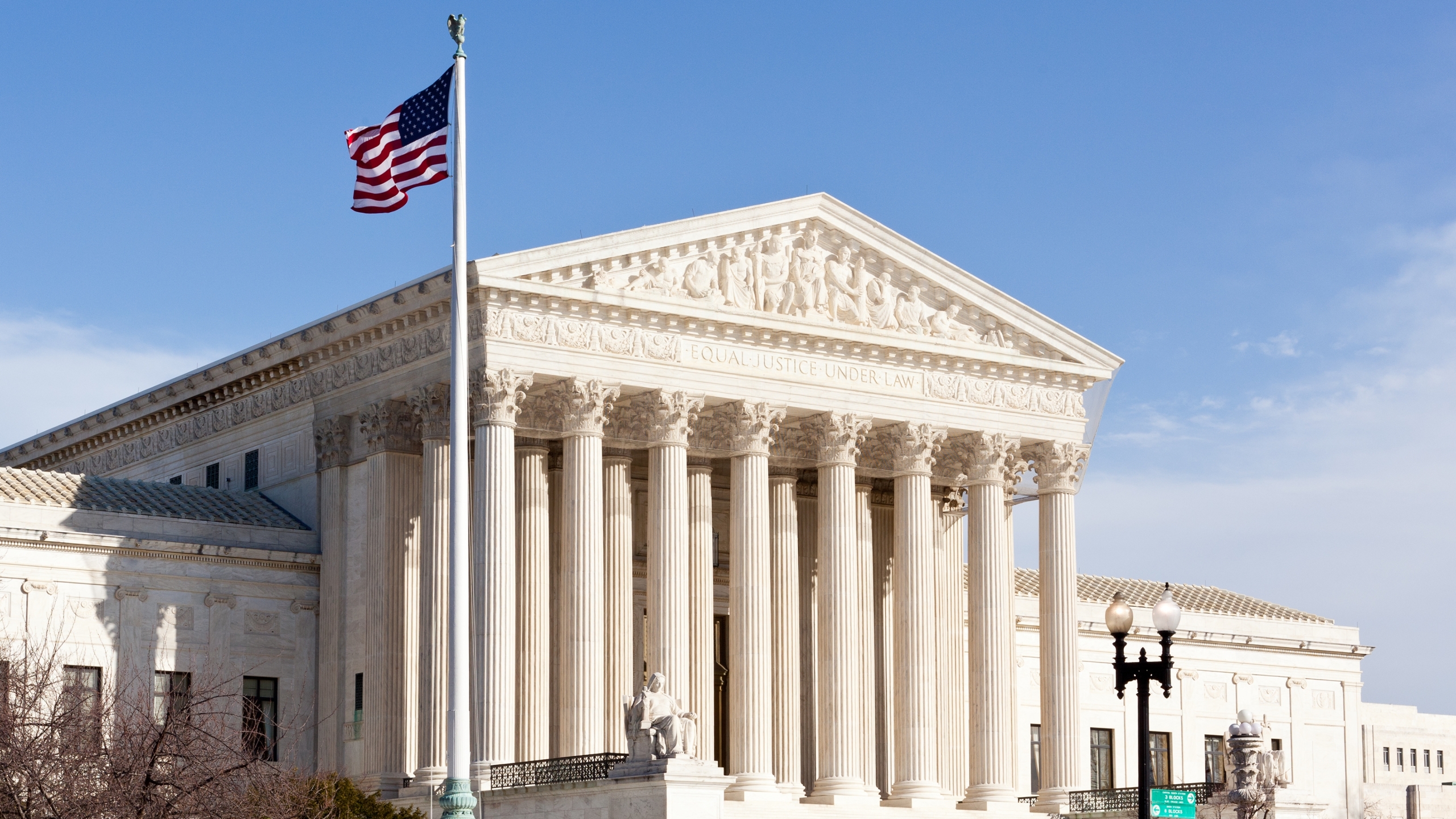More than 20 states are joining Alabama in asking the U.S. Supreme Court to take up a case challenging an Alabama law that bans dilation and evacuation abortions.
Widely known by the term “dismemberment abortion,” the medical procedure is used commonly in abortions after 15 weeks, though that’s only 7 percent of all Abortions in Alabama. An Alabama law prohibiting the procedure is on hold pending the appeals.
The state says there are “more humane” alternatives for second-trimester abortions that doesn’t require dilation and evacuation procedures, which involves removing the fetus in pieces with forceps.
The state of Louisiana and 20 other states filed an amicus curiae brief Monday in the case — Marshall v. West Alabama Women’s Center — asking the court to take the case. Louisiana, Arkansas, Arkansas, Kentucky, Mississippi, Ohio, Oklahoma, Texas and West Virginia have passed similar laws.
“It is also beyond serious question that this abortion procedure threatens to undermine respect for life. Alabama is thus empowered to defend against that threat,” the amicus curiae brief reads.
Lower federal courts and the 11th Circuit U.S. Court of Appeals overturned the Alabama law banning the procedure, prompting Alabama Attorney General Steve Marshall to ask the Supreme Court to take up the case.
Marshall filed a cert petition with the Supreme Court asking for a review of the August 2018 appeals court ruling that overturned Alabama’s 2016 law.
“The support of these states underscores how significant the national interest is in resolving this issue,” Marshall said. “At least nine states have enacted similar laws, and litigation is pending in the Fifth Circuit, the Eighth Circuit and multiple state courts.”
The 2016 state law requires that doctors terminate the fetus before removing it. The state said in its appeal that the law doesn’t prevent other methods that include the injection of potassium chloride to first terminate the fetus before removal.
“In requiring fetal demise before dismemberment, amici do not intend to sanction either abortion generally or the dismemberment procedure in particular,” the brief reads. “They regret that Supreme Court precedent places them in the incongruous position of advocating for fetal death as a less brutal, more humane alternative to a procedure that should have no place in a civilized society.”
But opponents of the law said there is no safe or effective way for an abortion practitioner to terminate an unborn fetus before dismembering it.
U.S. District Judge Myron Thompson blocked the law in October 2017. He ruled it would cause Alabama women to lose access to abortion in the state after 15 weeks because of the unavailability of other methods. That, he said, would put an undue burden on women.
The 11th Circuit upheld Thompson’s ruling in August 2018. Federal judges have blocked similar bans in five other states.
Marshall has argued that Alabama’s law is similar to the federal ban on partial-birth abortions, which was enacted in 2003 and upheld by the Supreme Court in 2007.
Marshall said federal law already constitutionally prohibits partial-birth abortions and has asserted that the lower courts were wrong to enjoin Alabama from enforcing its ban on the dismemberment of a living fetus.
“There is no ‘meaningful difference’ between death-by-dismemberment abortion in the womb and partial birth abortion outside it,” Marshall wrote in his brief.
The attorney general argued the U.S. Supreme Court needs to act to resolve inconsistencies in how the two procedures are treated legally and to reverse the lower court ruling in Alabama.
Louisiana was joined in the amicus brief by the states of Arizona, Arkansas, Florida, Georgia, Idaho, Indiana, Kansas, Mississippi, Missouri, Montana, Nebraska, North Dakota, Ohio, Oklahoma, South Carolina, South Dakota, Texas, Utah, West Virginia and Kentucky.






















































